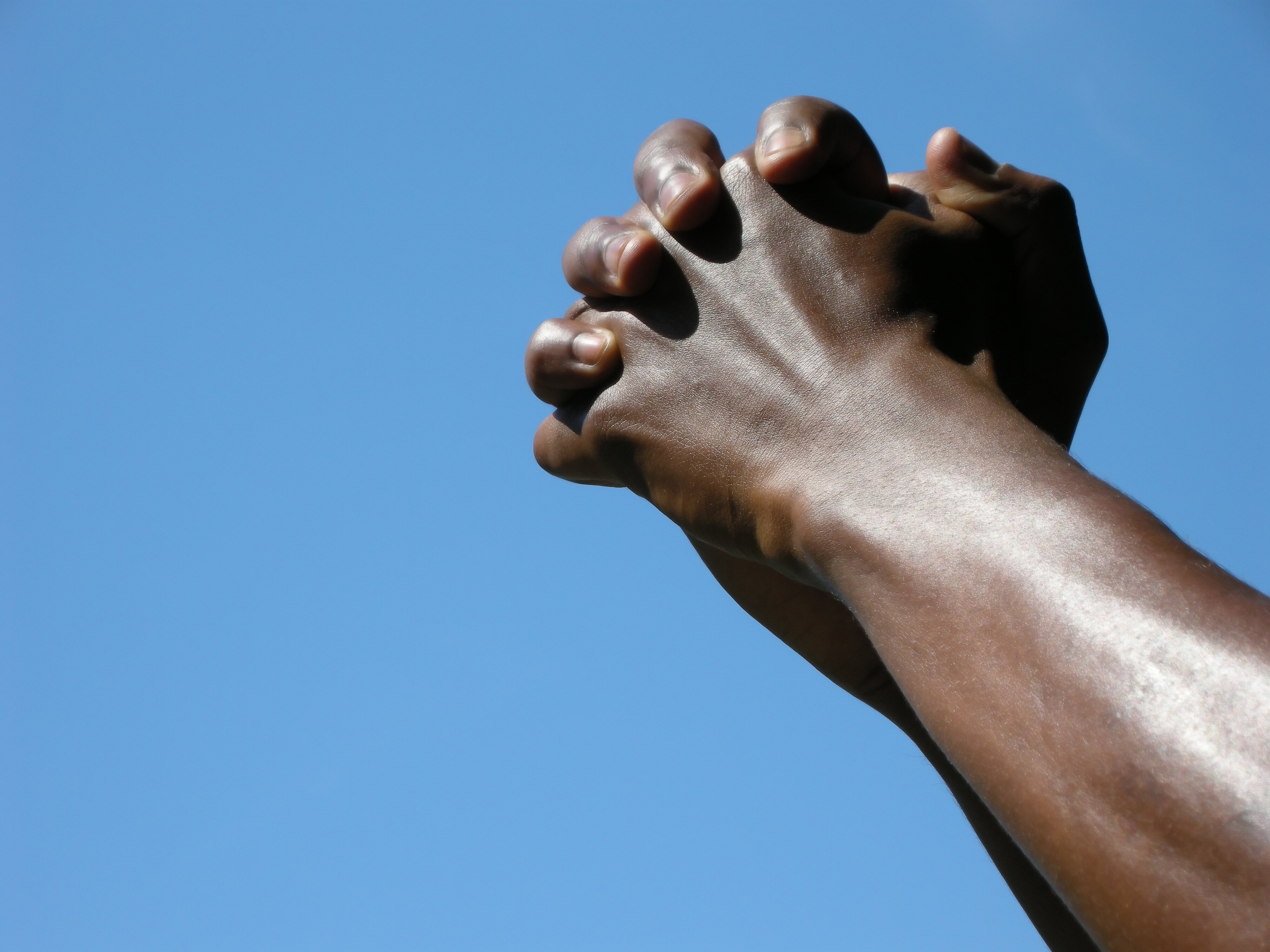Never before has the African Union borne its name so well. The pandemic continues its course, with new cases every day and our continent, hitherto spared, is seeing a surge in the number of infected people. It is no longer a question of whether we are ready to fight it, but rather of taking it on together, this virus that knows no borders or ethnicity.
Scientific solidarity
Shortly after the first case of Covid-19 was reported, the African Union convened a meeting of health ministers on 22 February to develop a continent-wide strategy and set up a working group. Known as the Africa Coronavirus Task Force (AFCOR), it comprises six technical teams working closely with Member States, WHO and Africa CDC (Center for Disease Control). The AU’s technical institution, which was established to support public health initiatives, is on the frontline in this race against time. In early February, only Senegal and South Africa were capable of screening for the virus. The African CDC assisted the 55 Member States in building capacity at the national level, providing training on key priorities such as point-of-entry disease surveillance, event-based surveillance (ESB) in community health facilities and laboratory diagnostics.
Now, thanks to the partnership between CDC and WHO, 43 countries are able to screen, proof that a coordinated strategy pays off. The Africa CDC has targeted three high-risk countries for the spread of the virus: Nigeria, Cameroon and Kenya. The institution has so far estimated that $850,000 is needed to build Covid-19 response capacity in these countries. Albeit modest, this sum will make it possible to not only train and improve laboratory diagnostic capabilities, but to also support the target countries in acquiring both statistical tools and effective disease surveillance techniques. Although we do not have nearly the resources of developed countries, themselves overwhelmed by the scale of the crisis, our salvation lies in our ability to prevent and isolate outbreaks of contamination. We must therefore work together to find solutions by mobilising our internal resources.
Economic solidarity
All pan-African financial institutions are being called upon to support this war effort. The West African Development Bank (WADB) has already released 120 billion CFA francs in the form of 15 billion CFA franc loans (€23 billion) to each of its eight member states. The bank has undertaken to freeze part of these countries’ debt, estimated at 76.6 billion CFA francs. The Arab Bank for Economic Development in Africa (BADEA) has earmarked $100 million to support sub-Saharan African countries in their efforts to prevent and contain the spread of the pandemic. The African Export-Import Bank (Afreximbank) announced a $3 billion Pandemic Trade Impact Mitigation Facility to help central banks in African countries deal with the economic impacts, including trade defaults, of the Covid-19 pandemic. This fund will also serve to support and stabilise the foreign exchange resources of member countries’ central banks, enabling them to back critical imports under emergency conditions.
Military solidarity
Throughout this health crisis, we continue to bear in mind our Agenda 2063 objective: to silence the guns. And because, sometimes, seeking peace means preparing for war, a joint AU-ECOWAS-G5 Sahel meeting on the deployment of 3,000 African troops in the Sahel was held on 16 March in Niamey, Niger. The AU will deploy an additional 3,000 troops to reinforce G5 Sahel countries’ actions. Once again, the Chadian army was alone in dealing with deadly and nearly simultaneous attacks by Boko Haram against its positions at Boma in Lake Chad and a Nigerian army convoy at Konduga in Borno State.
It is our hope that the urgent appeal to Africa and the international community by the Chairperson of the African Union Commission, Moussa Faki Mahamat, for operational solidarity in the fight against terrorism will be heard.
This global pandemic must serve to remind us of the very essence of our institutions and AUDA-NEPAD’s raison d’être: the pooling of our strengths to overcome adversity, for our survival. We have a long-established sense of family and community solidarity. By caring for and supporting our parents, our families, our neighbours, our allies, we do as our ancestors did, protect humanity. So in these troubled times, let us set an example and continue to keep this solidarity, our most noble heritage, alive within us.


Published by